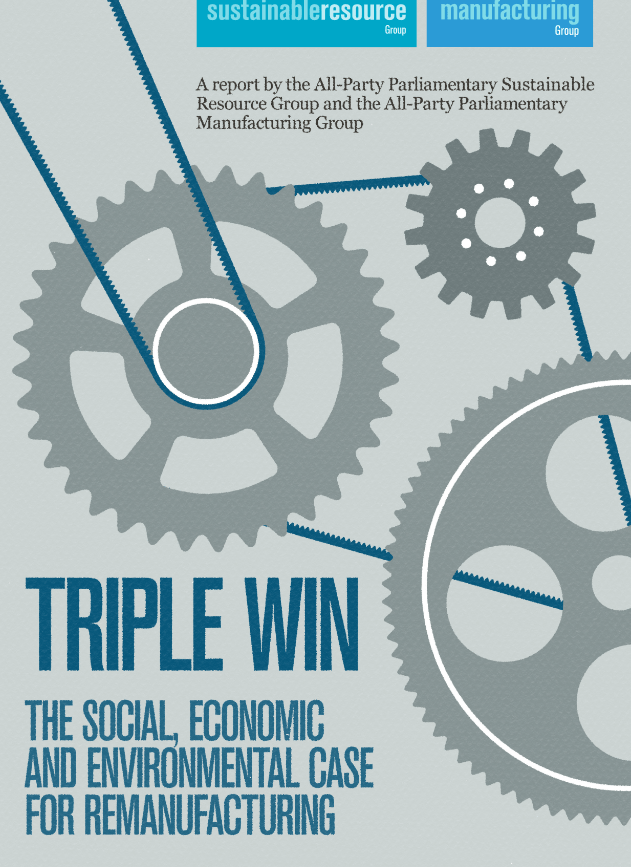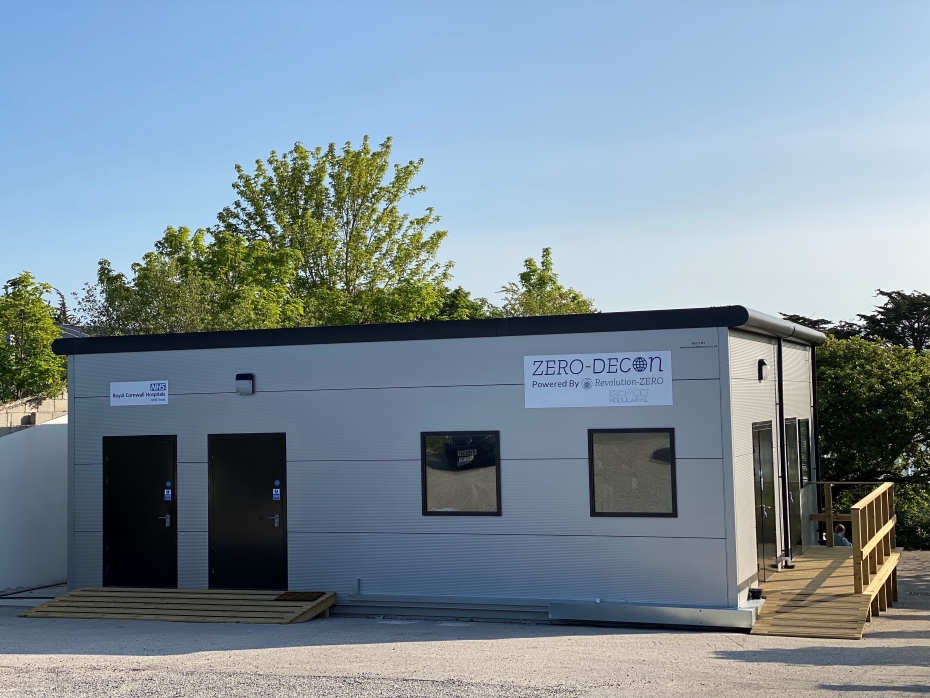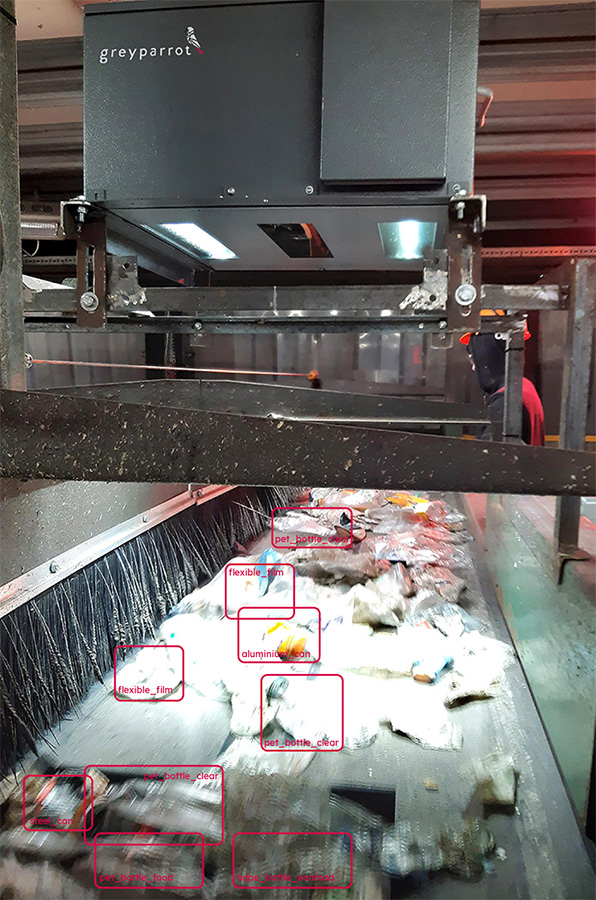The conclusions were drawn by the All-Party Parliamentary Sustainable Resource Group (ASPRG) and All-Party Manufacturing Group (APMG) in a 108-page report on its findings.

It follows an eight month inquiry on the state of remanufacturing, chaired by former Environment Secretary Caroline Spelman MP and Barry Sheerman MP, co-chair of both the ASPRG and APMG.
Recommendations
The report lays out more than 20 recommendations for government and industry, warning that the future of manufacturing ‘inextricably linked to environmental sustainability’.
It calls on government to encourage companies, universities and public services to include data on the procurement of remanufactured goods in their Corporate Social Responsibility (CSR) reports, and learn from other countries which are ‘leaders’ in the industry.
The report also urges government to amend its guidance on the legal definition of waste in order to distinguish a product that is due to be remanufactured as being exempt from those products considered as waste. These products could also be labelled under a “Remanufactured in the UK” certification scheme.
However, the report adds that industry must play its part in encouraging remanufacturing, calling for more collaboration across the supply chain and ‘explore a system’ of extended producer responsibility.
To help foster communications, the report also lays out best practice case studies of how different UK businesses have successfully adopted remanufacturing processes into their business models.
‘Triple win’
Speaking ahead of the report’s formal launch in Westminster today, Ms Spelman said there was a ‘triple win’ potential that remanufacturing offers in economic, social and environmental terms.
She said: “The opportunities are enormous. Remanufacturing increases the potential for restoring parts and products, provides opportunities for improving national resource resilience and has the potential for economic growth and the creation of thousands of skilled jobs, particularly at SME level. As we approach the next election, we urge this government and the next to do more to exploit this important new frontier of economic and environmental growth potential.”

Also commenting on the report launch, Mr Sheerman added: “The case for achieving greater levels of remanufacturing in this country is undeniable, not just in environmental terms, but in social and economic terms also.
“That’s why this report calls on government to create new apprenticeships across the remanufacturing value chain and ensure sustainable design and engineering courses are taught in higher education institutions across the UK. It is vital that remanufacturing, and the wider circular economy, are put at the heart of government strategies for skills and employment over the next ten years.”
In order to publish its findings, the committee interviewed members from the waste industry and government, who gave evidence throughout the inquiry.
Tetronics
Swindon-based Tetronics International wascalled on to give evidence on the waste electronic and electrical equipment (WEEE) sector. Technical director Dr Tim Johnson today gave feedback on the conclusions drawn in the report.
Dr Johnson said: “This is an important report which demonstrates the urgent need to put in place policies which encourage recovering value from waste. The report rightly recognises that, where remanufacture is not an option, recovery of valuable resources through technology developed by companies such as Tetronics should be encouraged.
“We are calling for a ban on exporting certain components found in electronic waste. Doing so would boost economic growth and lead to the UK becoming a global leader in green technology.”
Related Links
Triple Win: The Social, Economic and Environmental Case for Remanufacturing









Subscribe for free